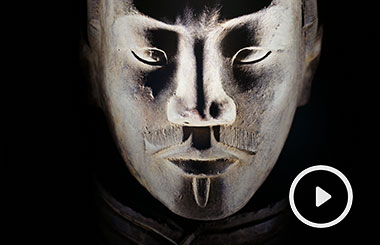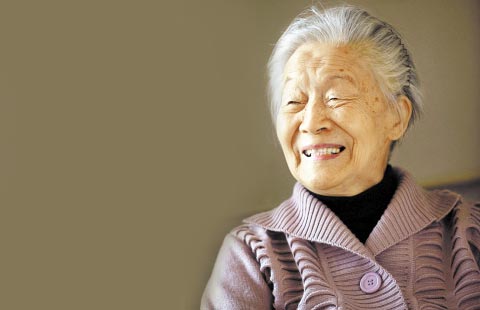Get rid of the clutter
By Xing Yi ( China Daily ) Updated: 2016-06-08 07:18:11
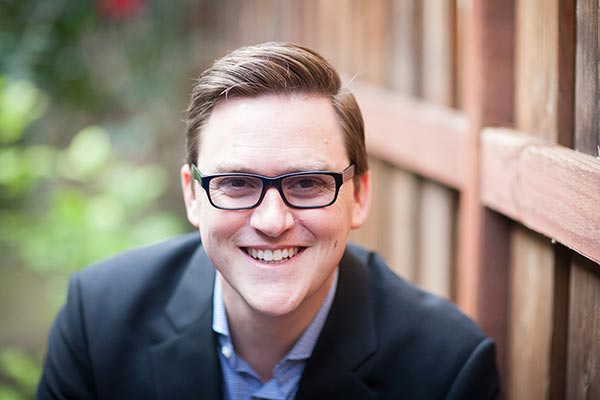 |
|
British writer Greg McKeown was in Beijing to promote his book Essentialism: The Disciplined Pursuit of Less. [Photo provided to China Daily] |
McKeown is a Young Global Leader of the World Economic Forum, a columnist for Harvard Business Review, a public speaker and the CEO of his company, which provides leadership training for companies such as Apple, Google and Facebook.
Asked to describe himself in one word, McKeown says he's an "essentialist", and all that he does is to share "essentialism", a term he coined, which he says refers to a systematic discipline for discerning what is essential in people's work and lives, and then eliminating everything that is not, so that people can focus on things that really matter.
In late May, McKeown was in Beijing to promote his book Essentialism: The Disciplined Pursuit of Less, which was published in 2014 in the United States, and then translated and published in China in April.
The book was the result of a question-"Why is it that otherwise successful people and companies don't break through to the next level?" McKeown tells China Daily.
McKeown says the question was on his mind since he left England to study communications in the US, and also as he co-authored an earlier book Multiplier, in which he analyzed more than 150 leaders to find out how the best leaders make everyone around them smarter.
"The right focus leads to success, which leads to options and opportunities, which undermine the very thing that led to success in the first place," says McKeown.
"Success has become a catalyst for failure, because it makes people fall into 'the indisciplined pursuit of more'."
Instead of the commonly accepted wisdom that if one works hard enough, you can have it all, his philosophy of essentialism proposes that the pursuit of "less but better".
In his book, McKeown juxtaposes the mindsets of non-essentialists and essentialists through charts, encouraging people to shift their thinking from "I have to" to "I choose to", from "It's all important" to "only a few things really matter", and from "how can I fit it all in" to "what are the trade-offs?"
Using examples of successful companies and personal anecdotes, the book shows three stages-explore, eliminate and execute-to live out the essentialist way of life.
McKeown says he can't forget how seven years ago when his daughter was about to be born, he was asked to attend a meeting with a client.
"To my shame, while my wife lay in hospital with our hours-old baby, I went to the meeting," says McKeown in the book.
|
|
|
|
|
|
|
|

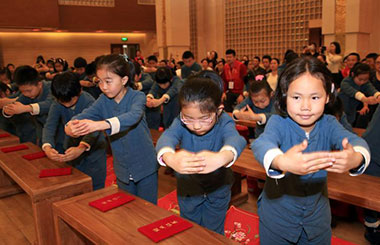

















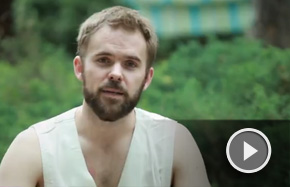

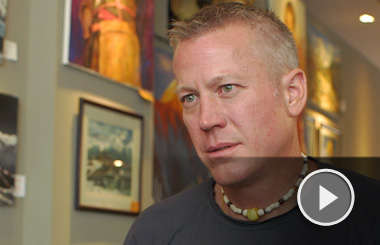


 Raymond Zhou:
Raymond Zhou: Pauline D Loh:
Pauline D Loh: Hot Pot
Hot Pot Eco China
Eco China China Dream
China Dream China Face
China Face


